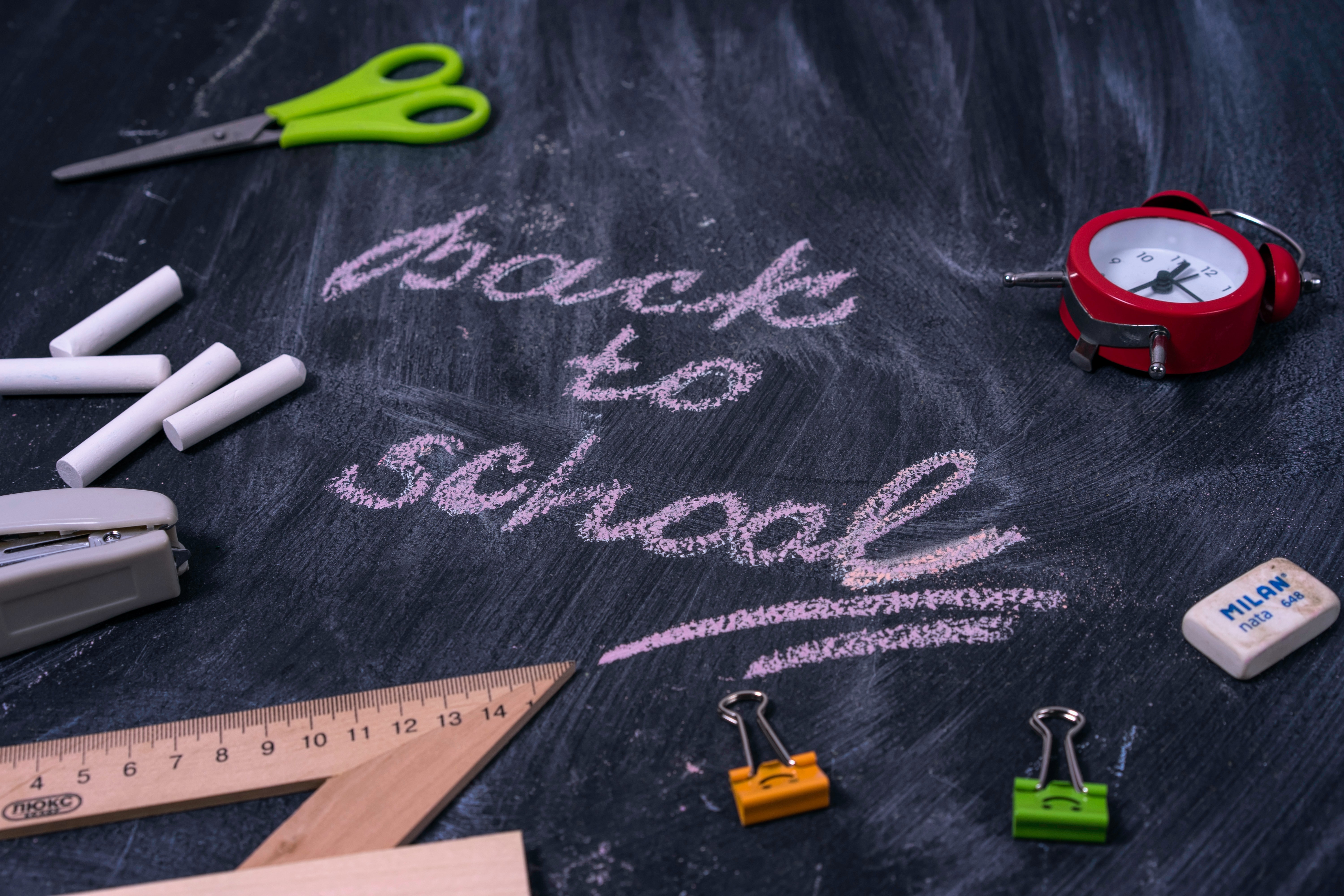As I read articles and watch the news these days, it’s clear that even as the new school year is beginning, parents and teachers are feeling ill-prepared. It’s a frightening situation and all the uncertainty swirling around is making it harder for parents and teachers to cope.
In fact, a recent Canadian Mental Health Association Poll showed that 83% of Ontarians are fearing a second wave of Covid-19 and are still as anxious as they were in March 2020. Whether this second wave arises or not, we all need better ways to cope and right now, the two groups at the highest risk of anxiety and most in need of support are teachers and parents.
I thought it would be a good idea, then, to speak directly to teachers and parents and to suggest a few things that you can do to cope with back-to school anxiety.
Here are my 7 strategies for parents and teachers to use right now:
1. Acknowledge your feelings. It’s important to tune in to what’s happening to you emotionally, so that you can take the best care of yourself and your loved ones. Recognize that many of your fears are real and well-founded and that you’re not being “hysterical” or “exaggerating” the problem. When you acknowledge your feelings, you are able to take the most appropriate action to care for yourself and your children.
2. Get the facts. In order to handle this incredibly stressful situation, you need to turn to the most reliable sources: your local public health officials. You’ll receive the most up-to-date information that you can use to keep yourself and your children safe. When you’re armed with the facts, your actions are reality-based and the most appropriate for the situation.
3. Differentiate genuine concern from panic. It’s important to know the difference between being legitimately fearful of real dangers and freaking out from imagining worst-case scenarios.
“It’s appropriate to be afraid of real dangers. It’s not helpful to panic over imaginary ones.”
Find out what measures are in place at the school where you teach or where your children attend. If the measures don’t seem appropriate, feel free to act on your concerns. If you’re freaking out, even though all the appropriate safety measures seem to be in place, then it’s time to work on calming yourself or consider reaching out for professional help and guidance to help you calm your fears.
4. React appropriately. You don’t want to under-react to genuine dangers or over-react to imaginary ones. You shouldn’t be in denial, talking yourself out of your real fears, but you shouldn’t get caught up in hysteria either, allowing the tiniest issue to get blown out of proportion.
“Being too chill could put you and your children at risk. Being hysterical clouds your judgment and makes it impossible to make the good choices that will keep everyone safe.”
There are parents and teachers who are feeling calm when they should be concerned and those who are freaking out when the situation is under control. You don’t want to be in either of these groups. It’s best to react appropriately to the reality of what you’re facing, not to your imaginary fears or your defense mechanism of denial.
5. Find your Zen. Try to remain in a calm yet prepared state. The more you breathe, relax and pay attention to the reality in front of you, the better prepared you are to be flexible and decisive in facing the challenges of back-to school during the pandemic.
6. Live in balance. Don’t let your guard down but don’t walk around in a fight-or-flight state. You don’t want to be overly confident, assuming that all the problems are solved as this could get you or your children into trouble. You also don’t want to be so paranoid that you’re making yourself sick with worry.
Living in balance enables you to have equanimity.
Equanimity is defined by the Merriam-Webster Dictionary as “evenness of mind especially under stress.”
7. Repeat these steps. Keep them going until the school term finishes. Then repeat the same steps each term. Even though you can’t control the Covid-19 pandemic, you are in charge of your own emotional responses and you can be emotionally prepared to keep yourself and your children emotionally well and physically safe.
Sign up here for my free biweekly wellness newsletter that brings you fresh, thought-provoking content.
Subscribe to my YouTube Channel where you’ll learn simple tips for taking the best care of yourself and your loved ones.
Tune in to my Ruthless Compassion Podcast where I go in-depth about topics like mental health, trauma, and loneliness.



